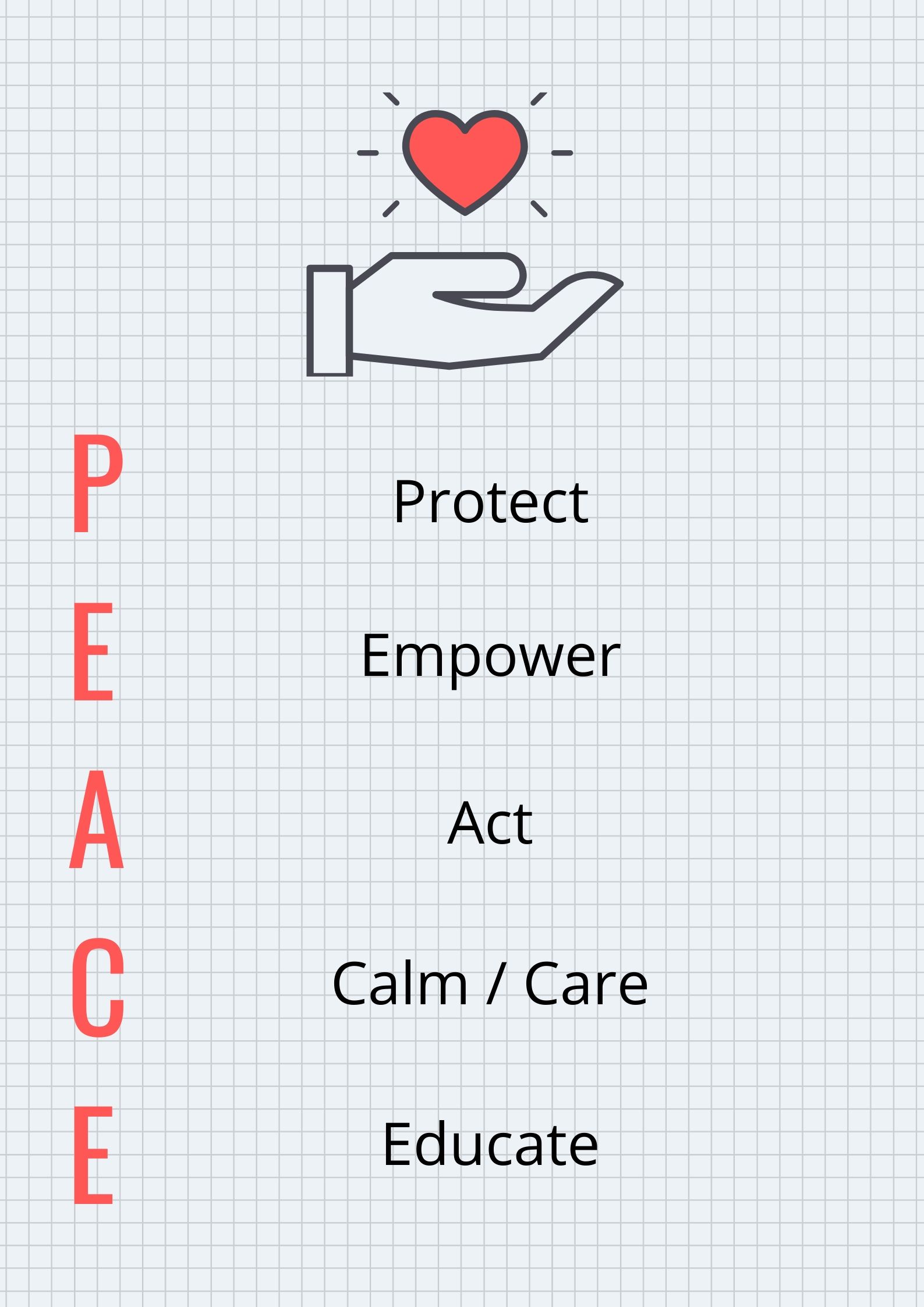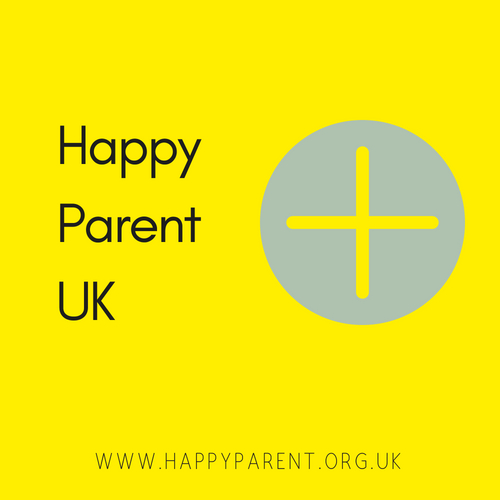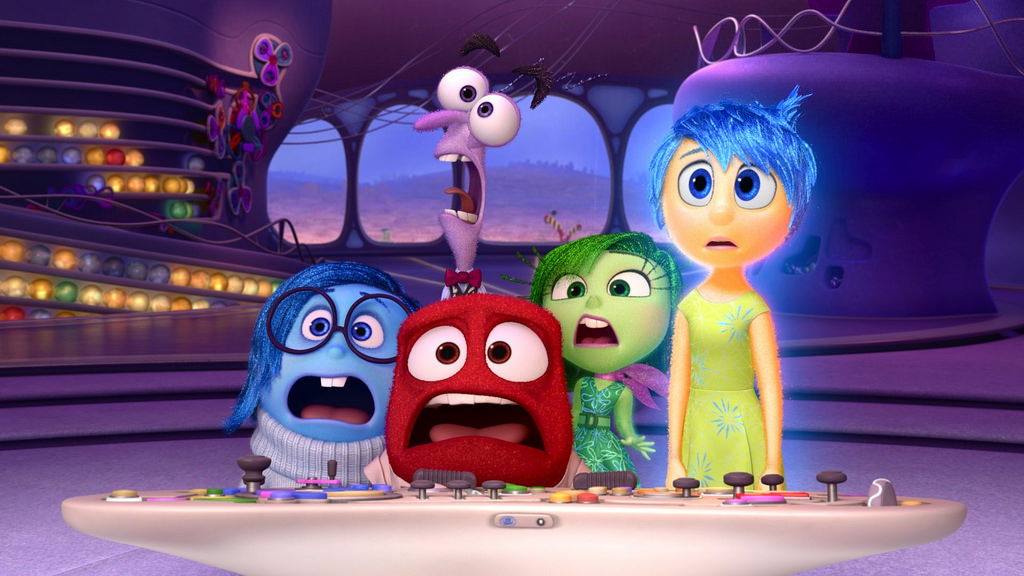We hear the word vector now in the context of disease. A vector for the virus. Today, I found myself thinking of peace and progress, and questioning what I am choosing to spread.
The questions were sparked by a thought as I was out running. In the bright sunshine at my local park, I was trying hard to maintain adequate social distancing – a minimum of 2 metres, and aiming for more like 4 metres given I was running and breathing more heavily. Most people were very consciously distancing themselves, though a handful of people were walking in groups on the broad paths that usually can be shared whilst maintaining minimum distancing.
As I ran through thick un-mowed grass to avoid one of these groups, I mentally remarked that wearing a denim skirt and flip flops mean you probably weren’t really exercising.
But then I examined the thought. How judgemental it was. How it exposed the very sense of entitlement that has been frustrating me when noticed in others. What right did I have to decide what constitutes exercise? Or indeed, to swallow while the idea that physical exercise was legitimate and simply being in sunshine and nature somehow less so? I’m a huge proponent of mental health, and readily acknowledge my own physical exercise is primarily a mental health preserve as a physical one.
Of course, I had not acted yet upon this thought. I cast no dirty looks and posted no moans about “some people” on Facebook. But I had judged. And in doing so, I was at risk of becoming another vector, not of disease, but of judgement, ill will, and self-importance.
I say all of this not condemning myself. If you’ve had these feelings and thoughts, I do not condemn you, either, and would urge gentle acceptance and acknowledgement for both of us. We cannot control what thoughts occur in our brains, so the flicker of a thought is not in itself the issue. I feel frustrated and angry at a lot that is happening right now, from people endangering others by not following social distancing, to wider forces at play that are prioritising self-interested individualism over collective cooperation, and those are fair to feel. Judging myself harshly is yet another judgement.
No, instead I am now moving beyond that thought to ask myself, how can I be a vector of peace?
I feel outrage right now, which does not feel very peaceful. I do not feel peaceful when looking at white men armed to the teeth protesting against public health measures designed to protect the most vulnerable from a painful and lonely death. I do not feel peaceful watching world leaders gambling with people’s lives, purporting to protect notions like “economy” or “industry” with decisions that endanger people or take away their rights to protect themselves against the virus. I do not feel peaceful sniggering to myself as a see a meme about Karens. I do not feel peaceful as I mutter under my breath when the neighbours yet again have people not from their household visiting and laughing in the garden.
I also do not feel like a vector of peace when I see a black man killed in the street because, in the best case scenario, someone made a mistake and poor judgement and got carried away trying to be a vigilante. To be a vector of peace means to be promoting peace and goodness in the world, not shrugging at the injustices we see.
There is something radical in being a vector of peace. It is active, not passive. Forceful, but not coercive. Powerful but not overpowering. Peace, but not appeasement.
So I know what it isn’t, but what does being a vector of peace look like?
To help me work through this and bring more peace into my life, my actions, and the world, I’ve started using this acronym:
P Protect. Protect people who are in danger, who are vulnerable, at risk, dis-privileged, and/or otherwise unable to stand up for themselves.
E Empower. Work to provide a voice for the disenfranchised rather than speaking for them wherever possible. Take actions in the areas you can control.
A Act. Take simple, concrete steps to do something. Sign a petition, write a letter to your MP, donate, volunteer, fundraise, vote.
C Calm / Care. Remain calm and take care of yourself. If you’re not calm, it’s easy to let anger or even hate influence action. Self care is important in peacemaking, so taking a moment to understand – without being driven by and without judging – emotions at play can help maintain peace as the goal.
E Educate. Keep informed, check sources, look at the issues from all angles. Particularly understand the root causes behind the other side’s actions; understanding their unmet needs can help find sustainable solutions for the future. Note: understanding does not mean endorsing or accepting.

I’m learning to apply these principles in my own life with my family and friends, and on a wider scale in helping others and the world of politics. It is on a variety of scales that we can be vectors of peace.
What ways are you working for peace in this time of upheaval and stress?


